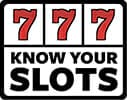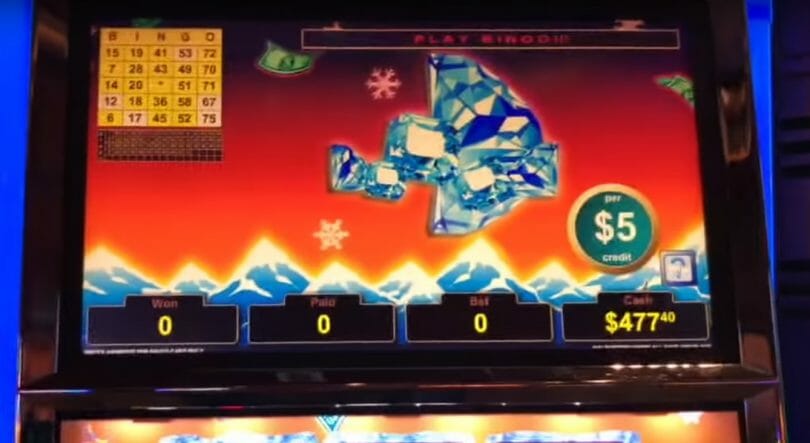Every now and then, scenarios come up that underscore the core differentces between a commercial casino and one on tribal lands. There are indeed a number of differences that exist between the two, mostly under the surface, that impact gaming conditions for player across the country.
In today’s post I’ll flesh out some of these things. One bullet came up more recently as part of the COVID-19 situation, and I’ll also explore the unique circumstances of that in this post. (Note that as a general rule there won’t be COVID-19 coverage, unless it fits in to the mission of the site, but in this case there was justification to talk about it.)
Types of Games Offered
A commercial casino is usually licensed to offer a variety of games, including slots, video poker and table games. These games are of the Class III, or Vegas-style, variety. Many times they’re operated by a commercial operator, such as Caesars or MGM, but they can sometimes be operated by tribal operators such as Mohegan Sun or the Seminoles, which operate most of the Hard Rock Casino properties.
On the other hand, a tribal gaming casino is a casino built on sovereign land controlled by a Native American tribe. As these are built on sovereign lands, the games the offer fall into two categories (and some offer both):
- Class II Gaming: Class II gaming is bingo and devices that aid in the playing of Bingo. In practice many bingo machines look very much like a slot, but they have a bingo card on it and the wins and losses of the games are still governed by Bingo. Recognized tribes generally have the ability to establish Class II gaming on their land if their state allows gaming for any purpose. Some additional side games, such as pull tabs, can be offered on the same site if Bingo is offered. Non-banked card games, which are games which players play against each other instead of against the house or a player acting as the bank, can also be offered under a Class II format.
- Class III Gaming: The same Vegas-style games approved for commercial casinos can also exist in tribal gaming facilities. However, there are requirements such as the state allowing such games and the tribe having a compact with the state approving such games on their land. That compact must be approved by the federal government.
If you’re in a casino with Vegas-style games, it’s either a commercial casino or a tribal casino that has a compact with the state. Sometimes these compacts omit games. For instance, the Seminole properties in Florida do not have certain table games as their compact (as of this writing) does not allow for them.
Payback Percentages
One major difference between a commercial casino and a tribal gaming facility, generally speaking, is that commercial casinos tend to report their payback percentages, whereas tribal gaming facilities generally do not.
There are exceptions to this: Mohegan Sun and Foxwoods both report their payback information, as their compacts require it. As such, Connecticut is the only state where tribal gaming facilities are required to report their overall payback information. (The information is pretty robust, showing payback by denomination.)
On the other hand, most commercial casinos are required to report data. How that data is surfaced varies by jurisdiction; Nevada only reports data out in clusters of casinos, protecting an individual casino’s direct payback information from being surfaced. In most other markets, payback is shared by casino.
Many times it’s reported out by denomination, but this is not the case everywhere: In New Jersey, you only get an overall look at each casino at the monthly level (but an annual report breaks each casino down further, by denomination). Massachusetts is similar in that the monthly reporting only has overall payback information.
That said, most players who spend time looking at this knows that the payback percentage rolls in a variety of games, such as slots and Video Poker, and that lower denomination slots pay back less than higher denomination ones.
Hours of Operation, Beverages, Etc.
Here, too, the way casinos can vary. In commercial casino markets, some casinos are required to follow specific rules. In New York, racinos must close for four hours each day. In many markets, beverage serving rules must be followed (which includes tribal gaming facilities in certain cases as part of their compacts).
Most casinos are open 24 hours a day, but as we saw with the COVID-19 scenario, commercial casinos are also required to follow edicts from local and state governments about non-essential business shutdowns. Tribal gaming facilities, being on sovereign land, do not have to abide by the states’ rules.
That doesn’t mean the tribal facilities didn’t follow the lead of state governments; while both facilities in Connecticut reminded everyone of their sovereign status, they still worked with the state and instituted a shutdown early in the pandemic. Some held out longer than others; the Seminole Hard Rock properties in Florida stayed open almost a full week longer than many other properties before finally closing down.
This created a lot of confusion for players wondering who was open and not as the rolling closures were taking effect across various states and casino companies. But ultimately, tribes have the ability to decide whether they’re going to close (or stay closed) for situations like COVID-19, and what restrictions to follow (such as capacity mandates or dining requirements). But that doesn’t mean they don’t collaborate or cooperate with local officials to some degree, and set restrictions in line with what is going on locally.








